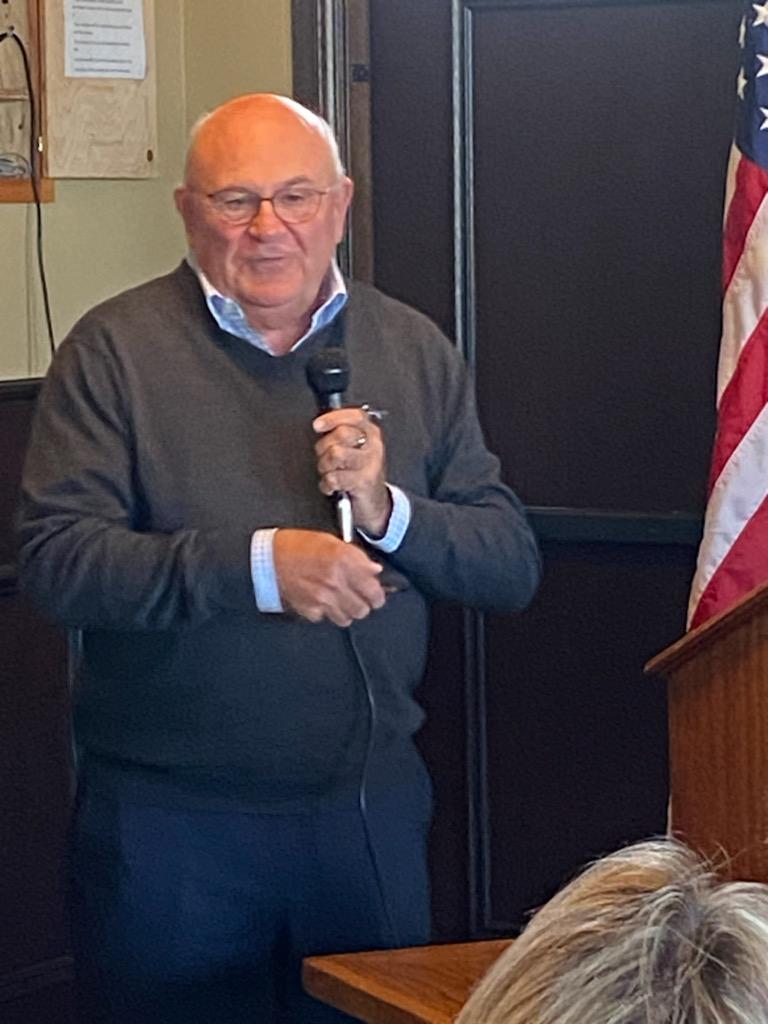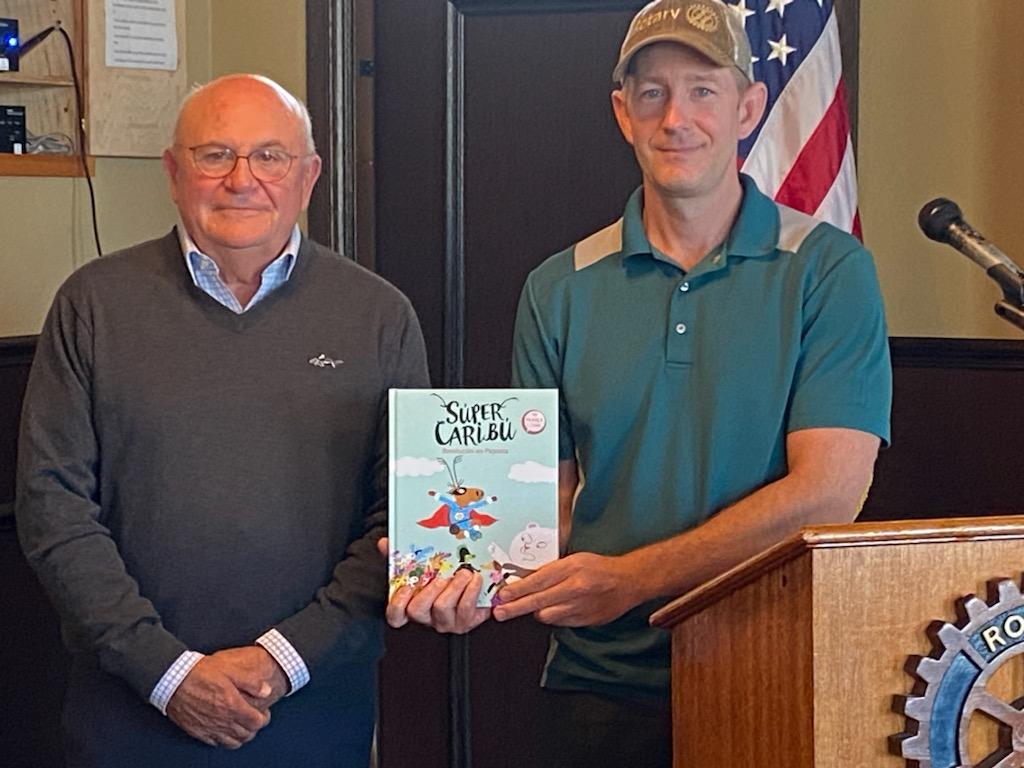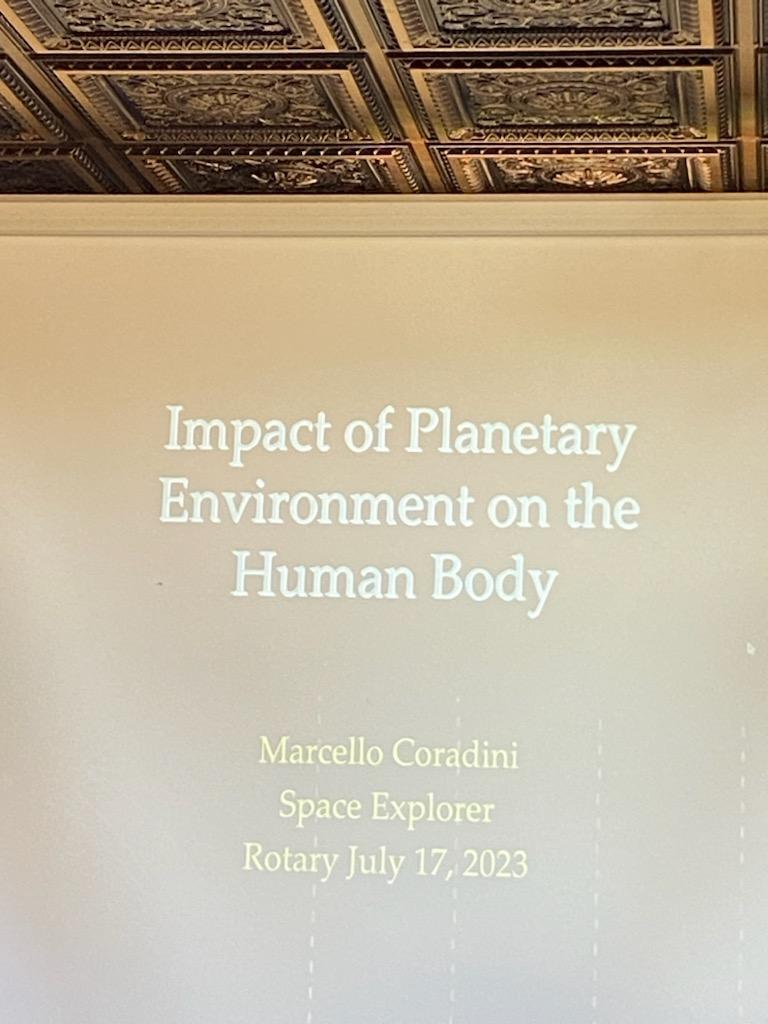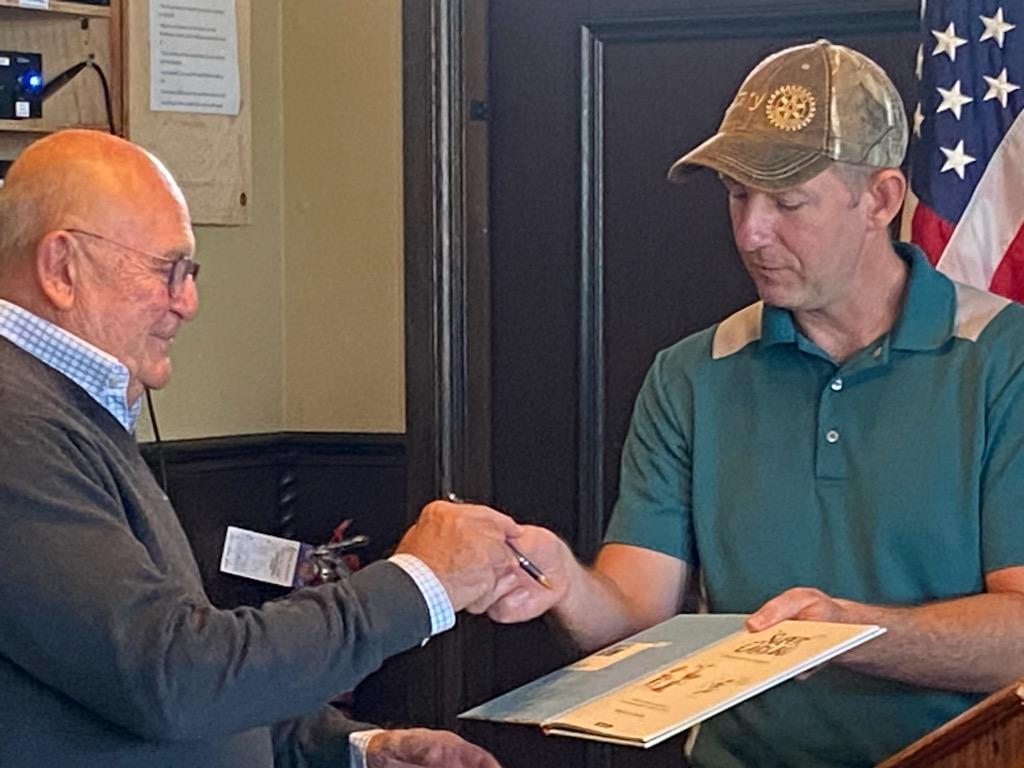Marcello Coradini – Chairman, International Space Advisory Board and CEO Space Systems Solutions - spoke July 17 on Impact of Planetary Environment on the Human Body
Marcello shared with us the effects of the environment on our physical being. He spent his entire career researching how the human body would evolve as a function of our environment. He believes that for the species to be guaranteed survival, evolution will be accelerated, with things like the global warming. He has researched the effects as it relates to the larger universe and those environments. In a higher radiation environment, the human will develop thicker skin. Eyes would probably be more sensitive to UV and X radiation and the perception of reality would be totally different, where we would perceive the structure of object instead of just their shapes.
The shapes of our head to house the brain could be totally different. Perhaps a big shiny head in the future may then very well be a statement of beauty in 50,000 years. The brain will change over time due to environment as well as teeth and the shape of the mouth to match what is required for the types of food we would eat. In addition, according to geneticists, the intensive use of computers and screens will alo affect the size of the human eye. When you look at the shapes of noses today from different parts of the world, you realize how the environment affects the breathing and nose shape. From Dinarid, to Roman, to Armenid, to Syrid, the different is due to the current environment to allow people to breath freely. As the atmosphere changes, so does our nose shape. Also affected is our size. As gravity changes, so will our compression on our spine and with a change in gravity, can allow for humans to be much taller, and/or much shorter. All characteristics are not changed by genes, but rather by environment. Parameters determining the human morphology are gravity, atmospheric composition, atmospheric composition, atmospheric pressure, magnetic field and temperature/climate. As we search for other planets to provide living spaces, all of the above will be taken into account to ensure the human species can survive.
Wow, what an interesting presentation with so many GREAT questions and thought from all the members.
The shapes of our head to house the brain could be totally different. Perhaps a big shiny head in the future may then very well be a statement of beauty in 50,000 years. The brain will change over time due to environment as well as teeth and the shape of the mouth to match what is required for the types of food we would eat. In addition, according to geneticists, the intensive use of computers and screens will alo affect the size of the human eye. When you look at the shapes of noses today from different parts of the world, you realize how the environment affects the breathing and nose shape. From Dinarid, to Roman, to Armenid, to Syrid, the different is due to the current environment to allow people to breath freely. As the atmosphere changes, so does our nose shape. Also affected is our size. As gravity changes, so will our compression on our spine and with a change in gravity, can allow for humans to be much taller, and/or much shorter. All characteristics are not changed by genes, but rather by environment. Parameters determining the human morphology are gravity, atmospheric composition, atmospheric composition, atmospheric pressure, magnetic field and temperature/climate. As we search for other planets to provide living spaces, all of the above will be taken into account to ensure the human species can survive.
Wow, what an interesting presentation with so many GREAT questions and thought from all the members.
Read More for Marcello's background.



Marcello Coradini is a space consultant and a university visiting professor, He was an ASI Associate, and he represented the interests of the Italian Space Agency at JPL from Sept 2 2015, until 2017. He was Executive President of Committee CES31 (Physical, Astrophysical, Planetary, and Terrestrial Sciences) of the Agence Natinoale dela Recherche (France) for 4 years. Co-Founder and CEO of S3-Space System Solutions and recently appointed Chair of the International Space Advisory Board of Cyprus Space Exploration Organisation (CSEO).
His academic career started in Italy during the golden age of planetary exploration in the 1970's and he contributed to the establishment of this discipline both in Italy and Europe. He joined the European Space Agency in April 1987. As Coordinator of the Solar System Missions (1987-2010), he has been in charge of planning and overseeing the Solar System mission's implementation at ESA. More recently, he led the ESA Exploration Program and contributed to the formulation and budgeting of the ExoMars program. In 1991, the International Astronomical Union has named asteroid 4598 after him for his contributions to asteroidal science and exploration. Dr. Coradini is a Fellow of the Royal Astronomical Society, a recipient of the Golden Badge of the European Geophysical Union, former Director of the journal 'Planetary and Space Science', a member of the Italian Physical Society, and Academician of the International Academy of Astronautics. He authored more than 150 scientific and engineering papers, and 6 books.
